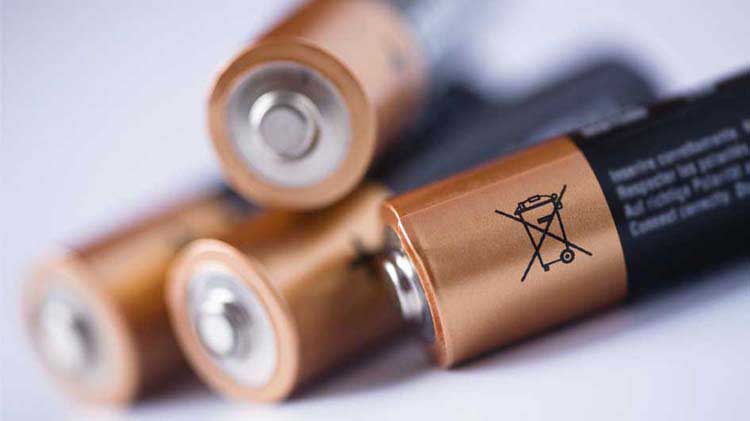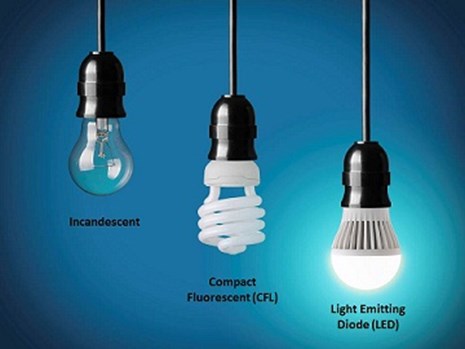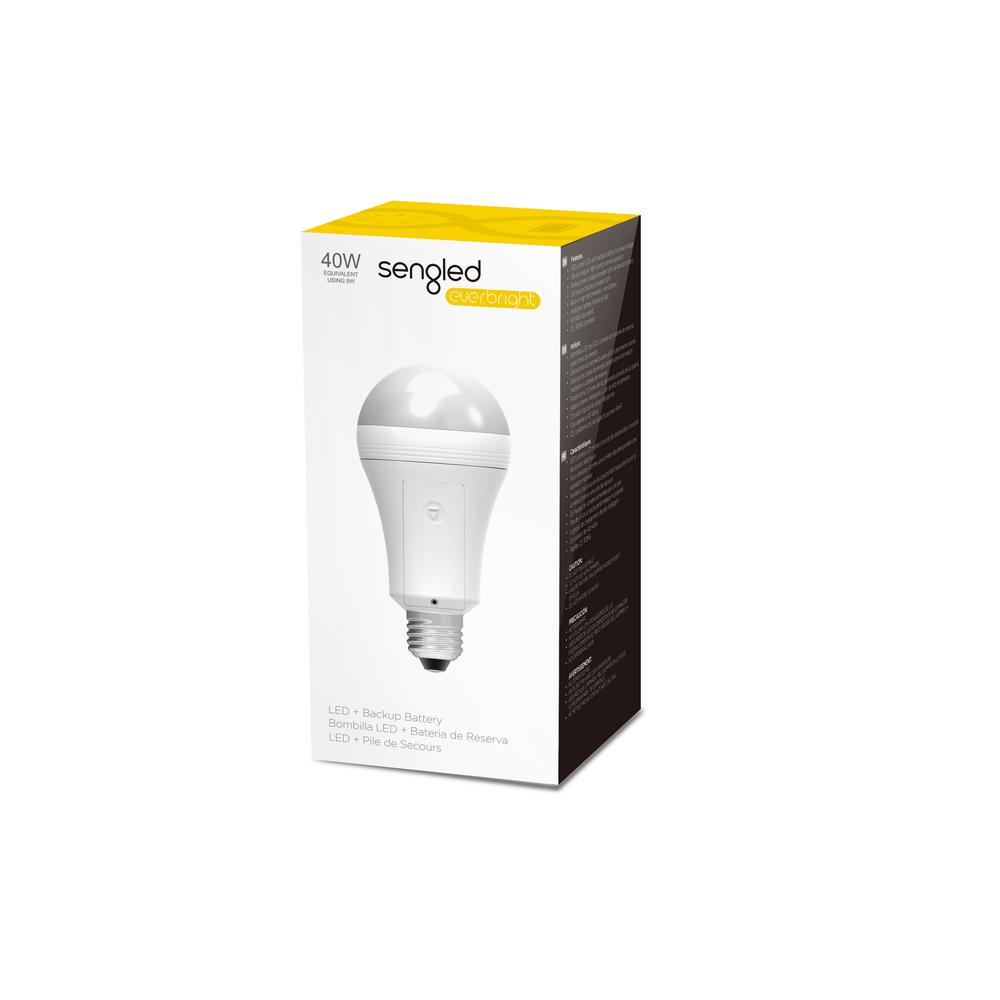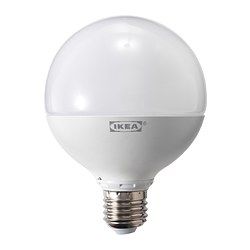How To Dispose Of Light Bulbs And Batteries

In general you can recycle old electronics batteries and light bulbs at hazardous waste.
How to dispose of light bulbs and batteries. Some bulb manufacturers and other organizations sell pre labeled recycling kits that allow you to mail used bulbs to recycling centers. Check your local laws. They are not considered hazardous waste but still wrap them in a newspaper for the safety of sanitation workers. You fill up a kit with old bulbs seal it and bring it to the post office or leave it for your postal carrier.
The best way to dispose of incandescent lights to throw them in the trash with the other household items. Light bulbs and batteries contain dangerous metals like mercury and cadmium that if allowed to leach into the soil and groundwater can pose serious concerns to the health of humans and ecosystems. Check with your local garbage and recycling center to see if it is ok to dispose of fluorescents and cfls in the trash. This home depot guide has information on proper disposal plus gives tips about where to recycle batteries.
How to dispose of led light bulbs light emitting diode or led light bulbs are about 90 percent more efficient than incandescent bulbs. Recycling these products not only keeps heavy metals out of the soil and water but also helps reuse materials that require energy to mine and manufacture. The electrical current passes through a microchip which. In the us the states of california maine massachusetts minnesota new hampshire vermont and washington all prohibit throwing away.
Eventually they wear out and it s important to know how to dispose of batteries properly whether they re rechargeable aa batteries or disposable akaline batteries. Some light bulbs are safe to trash while others contain components hazardous to the environment. The cost of each kit includes shipping charges to the recycling center. Only incandescent and halogen bulbs can be disposed of with your regular trash.
Other bulbs including cfls and some leds must be disposed of properly. Elemental mercury can be absorbed through the skin and can cause allergic reactions as a result of mild exposure. These bulbs contain mercury which is toxic so many places have laws against disposing of them in the trash. Most electronic waste and batteries contain toxic heavy metals that can seep into soil and water.
This is because they do not contain any harmful chemicals or components that require special handling. An incandescent light is also recyclable but finding a recycling option for it may prove challenging as the energy that the process requires is not worth the salvaged. Learn how to dispose of light bulbs all of them safely.














































